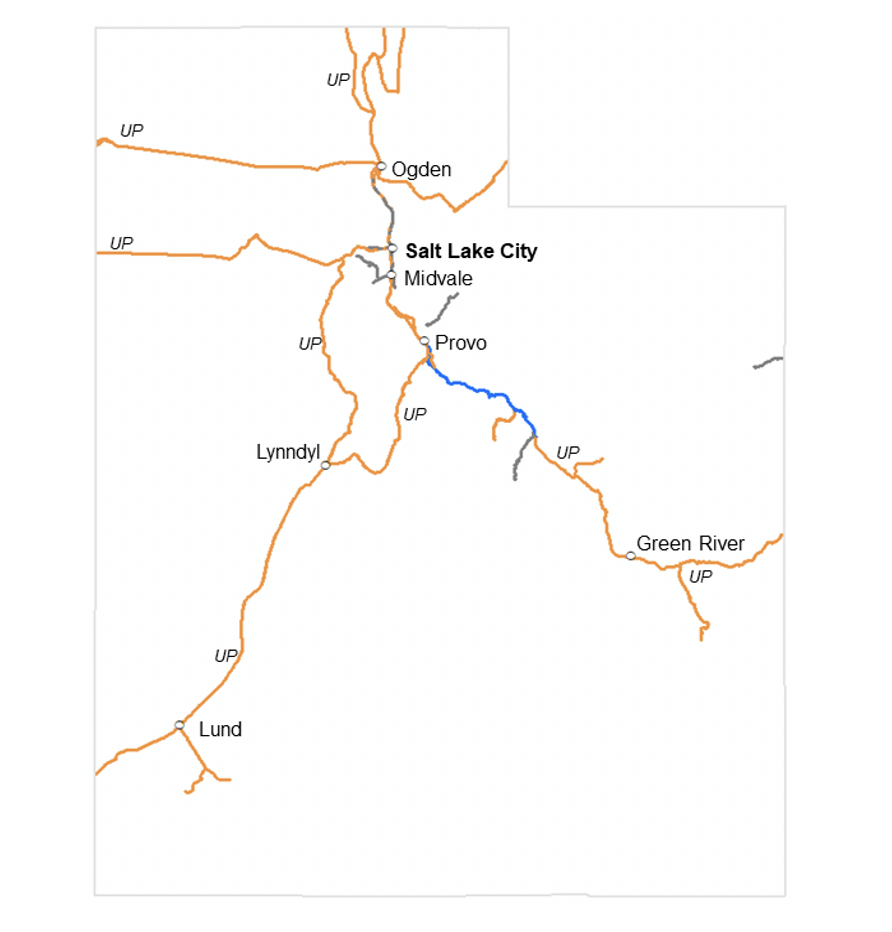Chronic railroad exposures to diesel exhaust, asbestos, creosote, welding fumes, silica sand, benzene-containing solvents and degreasers, herbicides, and secondhand smoke can lead to numerous conditions, including:
Cancer:
Leukemia:
- Acute Myeloid Leukemia (AML)
- Myelodysplastic Syndrome (MDS)
- Non-Hodgkin’s Lymphoma (NHL)
- Multiple Myeloma (MM)
Pulmonary:
- Diesel Asthma
- Chronic Obstructive Pulmonary Disease (COPD)
- Reactive Airway Disease (RADS)
- Pulmonary Fibrosis
- Emphysema
Neurological:
We serve all railroad employees in crafts with historical exposures to toxins, including the following:
- Locomotive Engineer
- Brakeman/Conductor
- Track Department/Trackman
- Locomotive Machinist/Electrician/Pipefitter
- Car Department/Carman
- Bridges & Buildings

In proving up your railroad cancer lawsuit, Hughes Law Offices will take any unique exposures into account. For instance, we have served clients who described leaking underground fuel tanks, serving chemical plants and refineries, exposures from toxic freight, etc. We will bring all of those exposures to bear in proving up your railroad cancer case.
Class I railroads operating in Utah includes:
- BNSF Railway – BNSF operates out of Midvale Yard and Provo Yard.
- Union Pacific Railroad – UP operates Helper Yard, Provo Yard, Riverdale Yard, and Roper Yard. UP also formerly operated North Yard.
Illustrative Utah railroad verdicts & settlements:
- $1,000,000 verdict – Railroad conductor based out of Salt Lake City endured prolonged exposure to diesel fumes while working for Union Pacific. Union Pacific’s cabs were not ventilated and they were not properly sealed to prevent diesel fumes from entering. The Plaintiff developed bladder cancer as a result of his diesel exposure. (Schoenwald v. Union Pacific)
Hughes Law Offices is providing case histories to inform visitors about actual case fact patterns and rulings in your area. Unless specifically noted, the cases summarized herein were not handled by attorneys at Hughes Law Offices.
If you suspect that your illness or that of a loved one could be related to railroad workplace exposures, please call 312-877-5588 to speak to a railroad cancer attorney.

